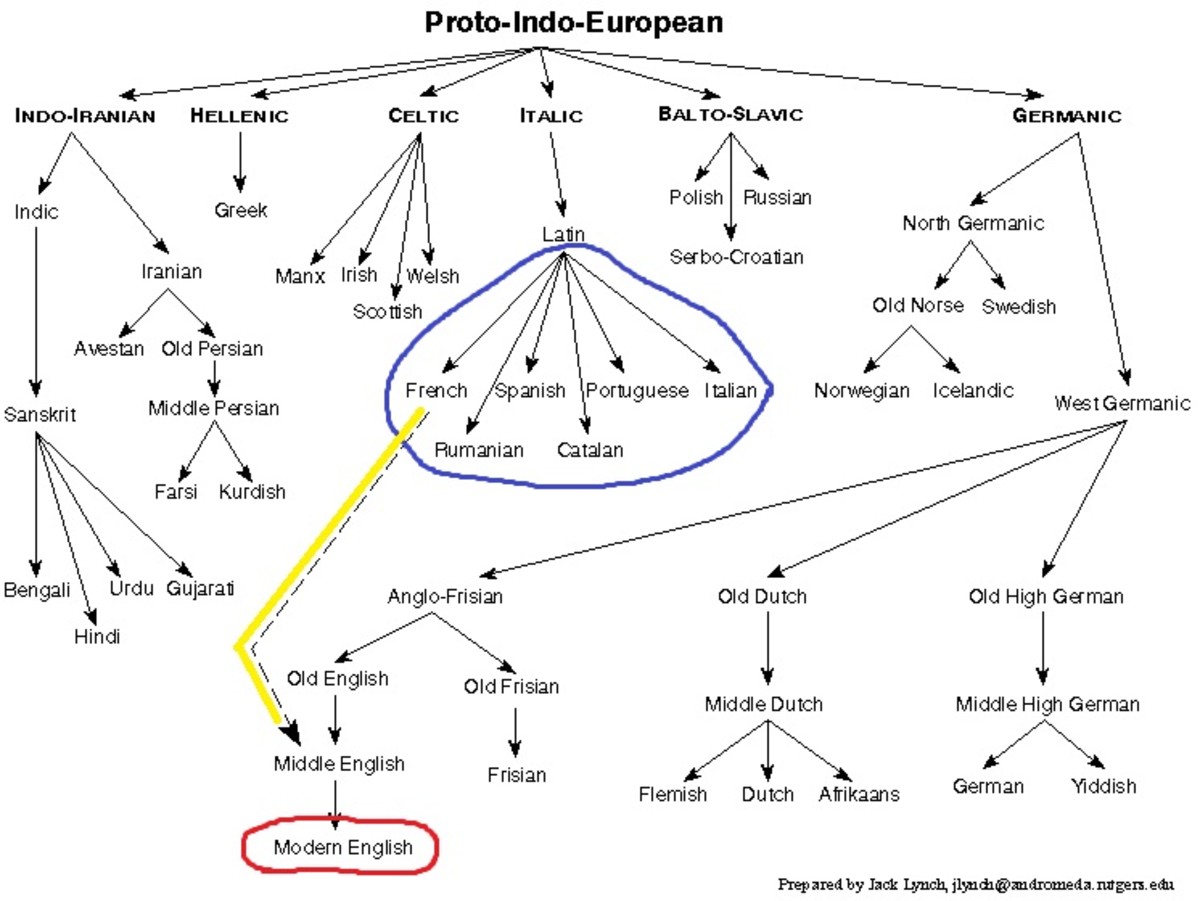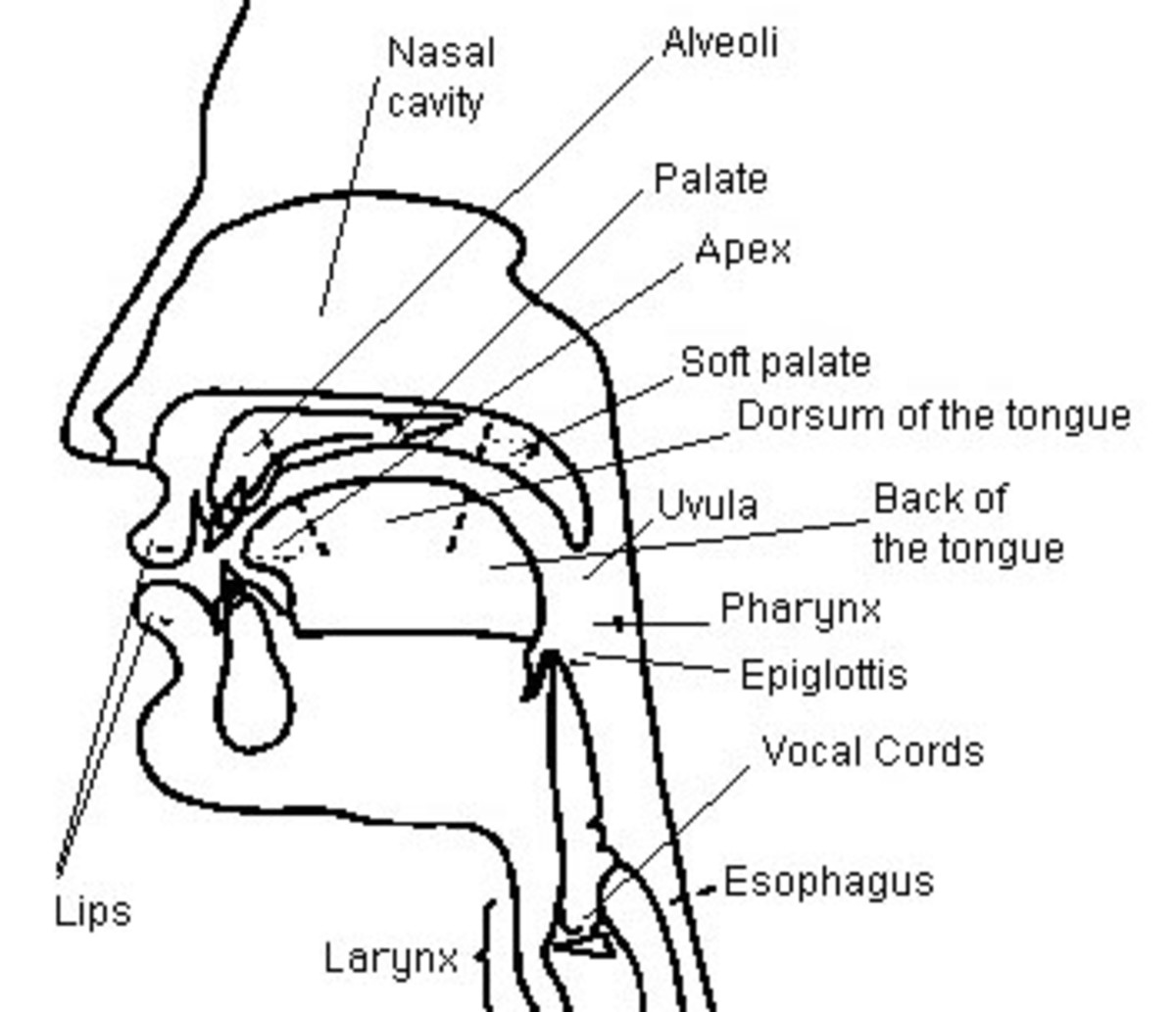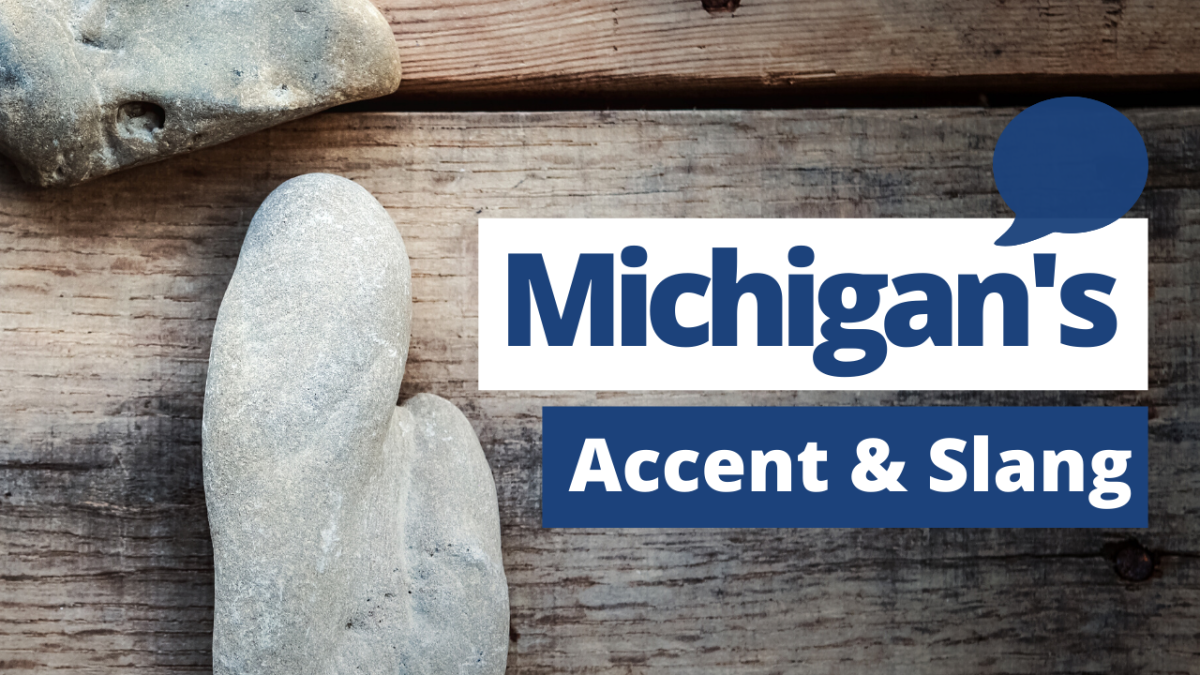Which Language Is 'Hardest' - French, German or English?



Watch your language!
No, really, watch your language. See how it works. Study its patterns. You'll find many interesting things about it. Have you ever said a word over and over again and realised just how weird it actually sounds? Like squirrel. Squirrel. Squirrel. Squirrel. Squirrel. Sound weird? Or did you get your tongue tied saying it? That's because it's a combination of several complex sounds made in the mouth. "S" is what linguists call an unvoiced fricative, "qu" (or "cw") is a combination of an unvoiced plosive and a voiced approximant, and so on - and all of these different sounds require either your tongue, lips, teeth, voice, or a combination of the lot. And we do it all without thinking.
But try to get a German or French person, for example, to say the word "squirrel" and that's where the problems start. Why? Because these are a combination of sounds that are not usually used in their language; in German, the "w" as we know it doesn't exist - hence "squirrel" being a challenging combination of sounds for them to make, often coming out as "scvirral". Similarly, their sentence saying "wer will das machen?" would sound like "ver vill dass machen?", all Ws being pronounced as Vs. But notice the word "machen". The "ch" is not pronounced like in our word "Church", or like any English word involving "ch", in fact. This sound doesn't actually exist in our language. It is pronounced by pushing the back of the tongue up to the roof of the mouth and pushing air through. The French have their famous "r" sound which uses the back of the throat, and no doubt they like to have a good giggle when we have a bash at pronouncing it! However, the French usually struggle with the pronunciation of the letter "h", which they don't have, so words like "hello" often come out as " 'ello ", and so on.
So all in all, each one of our languages are equally tricky for anyone who isn't English or German or French and so on. So which language is hardest in terms of pronunciation? Umm...difficult to say...literally.
So how about the actual language; that is, lexis and grammar? Well, let's start with English. Here and hear, their and there, your and you're, right and write, to, too and two, no and know, for and four...these are all pretty difficult words for a foreigner to grasp - they sound the same, so why aren't they spelt the same? And why aren't they spelt the way they're pronounced? "Right". What's that "ght" about? Well, basically, it comes down to etymology (the roots of words). And without boring you too much, a lot of our words come from Latin and French. So French tends to have the same bizarre and tricky spelling as us crazy English speakers. Par exemple, "soigner" is pronounced "swanyay" instead of the logical say-what-you-see "soygnerr". And because our language is Germanic, a lot of our words are also similar to German. For instance, "house" is "Haus" in German, but "maison" in French. SImilarly, "mouse" is "Maus" in German but "souris" in French.
When it comes to grammar and comparing French, German and English, one could argue that French and German are much more complex. We have just one word for "the" - "the" - whereas French have two - "le" and "la" (masculin and feminine) - and German has six different words, all used in different contexts - "der" (masculin), "die" (feminine and plural), "das" (neuter), "den" (accusative), "des" (genitive) and "dem" (dative form of masculin and neuter). For an English person, these are usually very hard to get your head round, but the Germans just pick it up as they go, not realising that to say "I love the dog" they need the accusative form of the masculin definite article "der" - "Ich liebe den Hund."
So in terms of vocab, all languages are equally difficult in their own way, be it having words that sound nothing alike, or words that take on a most unusual spelling! But in terms of grammar, the Germans may have one up on us. Or at least they would if we didn't have two forms of the present tense - "I go" and "I am going". To say that in German or French it's just "Ich gehe" und "Ich gehe" and "Je vais" et "Je vais." So it's very difficult for a French or German to choose which one to use and when, as this doesn't exist in their language, hence them asking questions such as "where we go?" instead of the standard "where are we going?"
However, the German language has syntax which is difficult for us English and French to get our heads round - words like although "obwohl" and because "weil" send the verb to the end of the sentence, which, when translated into English looks something like "I enjoyed myself because I last week to the shopping centre went".
And French grammar? Well, they have way more tenses than us, including the subjunctive, which, again, is triggered by certain words and phrases. "Je peux" means "I can", but when used after "bien que" ("even though"), for example, the verb is turned into a subjunctive, so to say "even though I can..." you would say, "Bien que je puisse..." Complicated stuff!
So, let's sum up:
English Language Difficulties
- two forms of the present tense - "I play" and "I am playing"
- "th", "h" and "w" can be difficult to pronounce
- Unusual spelling - "sight"
German Language Difficulties
- unusual syntax - certain words send the verb to the end
- Many words for "the" - der, die, das, des, den, dem
- Known to have exceptionally long words!
French Language Difficulties
- Many tenses, including the subjunctive which is non-existant in English
- Two words for "the" - "le" and "la"
- Words not always similar to English and German (Germanic languages)
Of course, there are many more factors to the language than I have mentioned here...but I chose not to let you fall to sleep whilst reading this because I didn't want the keys on the keyboard to press into your face too much... So there you have it - a broken down comparison of French, German and English. And the results? Well, they're all equally difficult - or if you're more a "the glass is half full" person, equally easy - and equally cool languages for their own special reasons!








